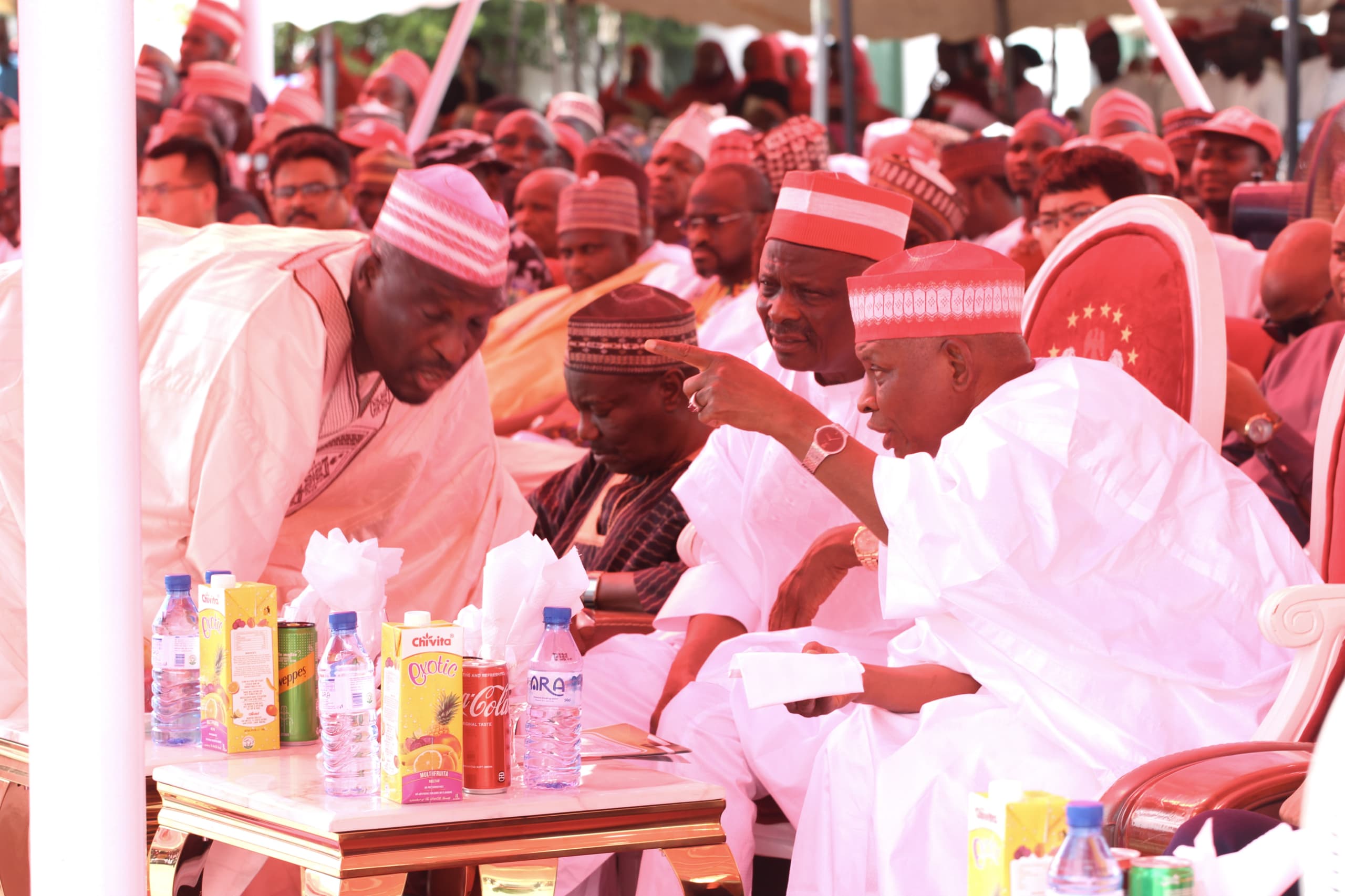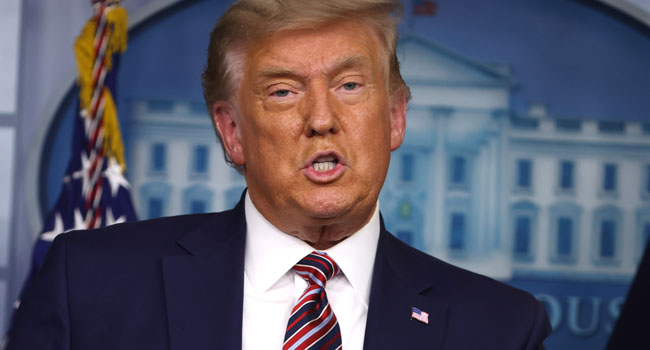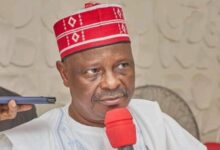State of Emergency on Education: A step in the right direction

By MAHMUD SHUAIBU RINGIM
Education has been the flagship of Abba Kabir Yusuf’s administration since its inception on May 29, 2023. It was no surprise when he quickly acted by sponsoring qualified Kano State indigents to pursue higher degree programs in various parts of the world across different fields of specialization.

Prior to the declaration of state of emergency on education the Governor slashed 50% of tuition fees to all Kano state indigenes studying in Kano state owned tertiary institutions, reopened all boarding schools and institutions closed by the previous administration. Similarly, the Governor paid all backlog fees to foreign and domestic institutions earlier sponsored by Kwankwaso administration while the sum of N1.2 billion were paid to all Federal Universities in Nigeria as tuition fees for Kano state indigenes
In response to the dramatic increase in tuition fees at some Nigerian universities, the government intervened to rescue Kano State students, ensuring they could continue their studies uninterrupted. The governor’s swift action prevented these students from being overwhelmed by the financial burden.
The recent declaration of a state of emergency in education in Kano State is a crucial step toward addressing the deplorable conditions inherited in the sector. Kano State has a high number of out-of-school children, partly due to its large population and its role as a haven for migrants from conflict-prone areas in northern Nigeria. During the early days of the Boko Haram insurgency, the government under Senator Rabiu Musa Kwankwaso rehabilitated children from Borno State affected by the insurgents, enrolling them in secondary schools to ensure their education continued uninterrupted.
Kano State has also attracted a significant number of children from different parts of the North and neighboring Niger Republic, often seen roaming the streets because their parents have attached them to Quranic scholars to learn and memorize the Holy Quran. The informal nature of this education system, which has existed for centuries, complicates the government’s efforts to address the issue of out-of-school children.
The discontinuation of the Almajiri education strategy, previously employed by the Federal Government during Professor Ruqaiyatu Rufa’i’s tenure as Minister of Education, has exacerbated the problem. Furthermore, the low level of support for primary and secondary education in the state over nearly a decade has led to a decline in educational quality at these critical stages.
Senator Rabiu Kwankwaso’s previous administration made considerable efforts to encourage school attendance through programs such as school feeding and free transportation for students, alongside the construction of new schools and classrooms.
Governor Abba Kabir Yusuf’s prioritization of education, culminating in the declaration of an emergency, aims to create a conducive environment for effective learning. The initial budget is intended to address urgent needs such as renovating dilapidated structures, building new classrooms, and constructing new schools across the state’s 44 local governments.
There is also a provision to increase the number of teachers by hiring more to accommodate the growing student enrollment. A comprehensive approach is expected to be pursued vigorously to ensure the program’s success. A manpower audit and job analysis for all teachers should be undertaken to identify those requiring training for appropriate placement. The provision of quality education at the foundational level should not be compromised for political expediency.
Teachers lacking the necessary qualifications should be trained accordingly or send to skill acquisition and vocational training institutions to become productive members of society.
Engaging the services of retired teachers on a contract basis can bridge the gap in skilled teaching staff. The government should ensure timely payment of gratuity and pensions to these teachers, retaining those due for retirement on contract to enjoy their benefits while continuing to work.
It is instructive to note that under the state of emergency programme the Governor has given approval for employment of 5620 permanent teachers, 10,000 temporary teachers under BESDA programme and1000 academic and non academic staff for the owned tertiary institutions
Adequate funding should be provided for laboratory equipment in science-based secondary schools, modern machinery for technical school workshops, and other essential teaching aids. The state’s education system needs restructuring and overhauling, considering the concurrent list status of education in the 1999 constitution. States should develop educational systems suited to their peculiarities, potentially reintroducing Teacher Training Colleges for primary school teachers and other vocational training pathways.
The previous administration under Senator Rabiu Musa Kwankwaso established many technical and vocational training colleges for skill acquisition, which should be revived and adequately funded.
In conclusion, Abba Kabir Yusuf’s administration is committed to improving the quality of education at the foundational level. Declaring a state of emergency in education is indeed a step in the right direction.
Mahmud Shuaibu Ringim
Writes from Kano
mahmudshuaibu44@gmail.com








